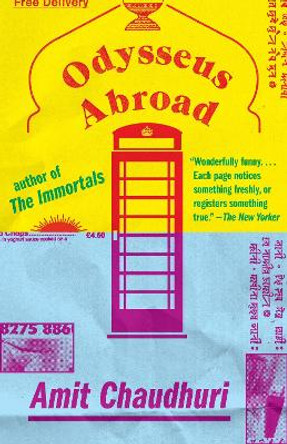The poetry of Odysseus Elytis owes as much to the ancients and Byzantium, as to the surrealists of the 1930s and the architecture of the Cyclades, bringing romantic modernism and structural experimentation to Greece. Collected here are the two speeches Elytis gave on his acceptance of the 1979 Nobel Prize for Literature, which are still strikingly relevant today. He addresses a hypertrophic and atrophic Europe in moral chaos, with as many coexisting values as languages-and to this he offers the "common language" that is found in poetry, in art, and in their base materials of sense, aesthetic, intuition. Ultimately, his is a powerful ode to beauty amid utilitarianism, and the need for poetry as "the art of approaching that which surpasses us" and "puts us at the threshold of the deepest truth".
About the AuthorOdysseus Elytis (1911-1996) has been a leading figure in the "Generation of the 1930s", whose poets, influenced by surrealism, renewed contemporary Greek poetry. During the post-war years he lived for long periods in France, where he associated with the pioneers of the world's avant-garde (Reverdy, Tzara, Breton, Ungaretti, Matisse, Picasso, Giacometti). He published seventeen collections of poetry, translations from ancient Greek and modern European poets, and two volumes of prose. In 1979 he was awarded the Nobel Prize for Literature.
Book InformationISBN 9786185048518
Author Odysseus ElytisFormat Paperback
Page Count 64
Imprint Aiora PressPublisher Aiora Press








